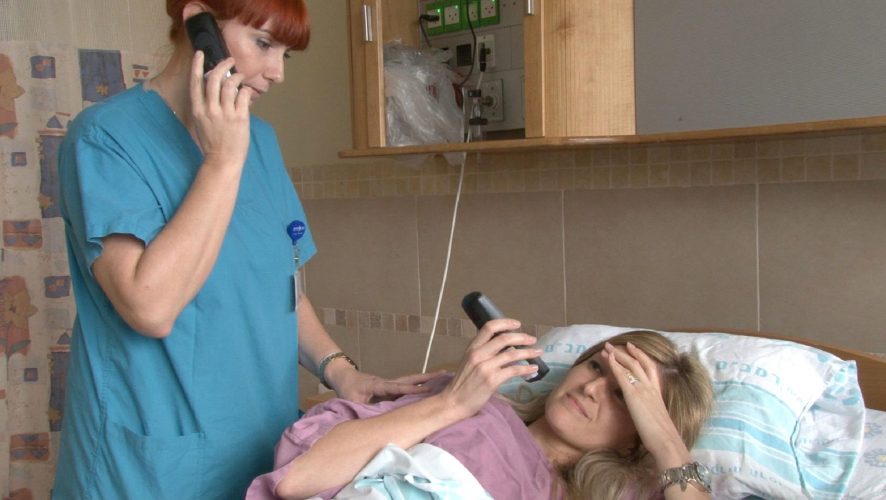By Sarah-Claire Jordan
 Handling compliance with the Patient Protection and Affordable Care Act (ACA) can be difficult if you aren’t quite sure what you need to do as a healthcare provider. With the compliance deadline come and gone, the time is right now to get the information you need to see if you are already in compliance, and what to do if not. To help you as a healthcare provider navigate this process, we have a few tips for you that should make everything a bit less daunting.
Handling compliance with the Patient Protection and Affordable Care Act (ACA) can be difficult if you aren’t quite sure what you need to do as a healthcare provider. With the compliance deadline come and gone, the time is right now to get the information you need to see if you are already in compliance, and what to do if not. To help you as a healthcare provider navigate this process, we have a few tips for you that should make everything a bit less daunting.
First of all, make sure you or your organization actually count as a “covered entity”. Section 1557 of the ACA states that any activity or program that receives funding from the HHS (Dept. of Health and Human Services) is required by law to be in compliance with the ACA, including Section 1557. If you don’t receive any funding from the HHS, then this article is not directed at you.
Still, you may be wondering, is it really worth the time and money to make sure my organization complies? This is a valid question, and the best answer to it is a simple “yes”. To go into more detail, there are three main things that complying can do for you: it can increase potential patients’ awareness of your organization once you advertise that you provide language access services; it can increase patient satisfaction as they will receive care and information in their native tongue, and it can save you tons of money that you would have to pay if you didn’t comply.
Section 1557 states that activities or programs that are funded by the HHS must provide LEP (limited English proficiency) patients with both written and oral information in their native languages. You might already provide some language access services, so check to see what those are. Perhaps you work with an interpreter service already, but don’t yet have any written material in other languages. Another factor is whether or not LEP patients are aware that you are required to provide them with language access services free of charge.
A good rule of thumb for determining which languages you should provide language access services for is to simply find out which languages your current LEP patients speak. Surveys of languages spoken in your state or area are useful as well, and you can see the top 15 languages spoken and use that information to provide written and oral assistance. Next would be to work with translators to get any written material properly translated. The reading level of written material should be for a 5th or 6th grade native speaker of the target language. Note that any images or symbols with text will need to be changed as well, and some images may need to be replaced to be more culturally appropriate.
Once you have that together, creating a language access plan is important. This will help you to pass an audit by the HHS, and also serve as a guide for everyone. To feel extra safe, you can reach out to a legal consultant and have them review what you have done and point out what needs to be changed, if anything. While this may seem like an awful lot of work, in the end you will be further completing your mission to provide healthcare to everyone, and the costs of not complying are quite dramatic.




